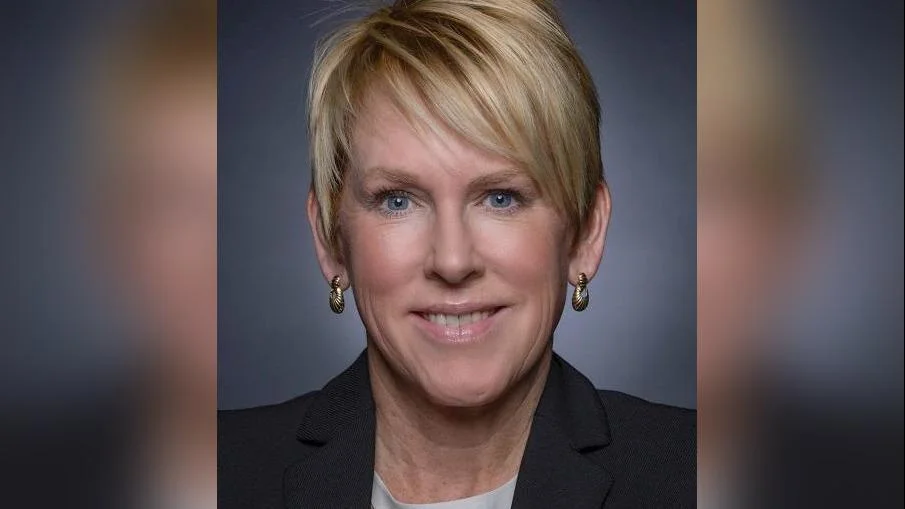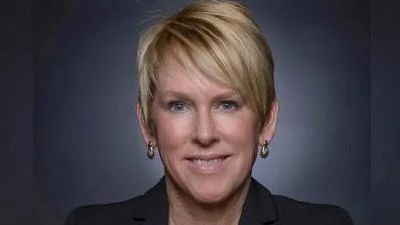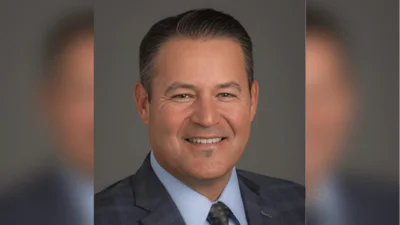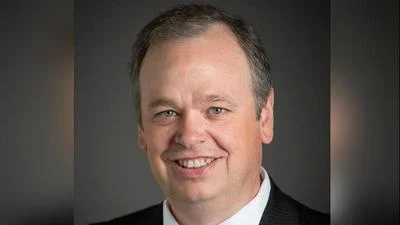Katherine P. Frank Chancellor | University of Wisconsin-Stout
Katherine P. Frank Chancellor | University of Wisconsin-Stout
A new poetry anthology, “Sing, Slivered Tongue,” co-edited by University of Wisconsin-Stout English Professor Lopamudra Basu and Professor Emerita Feroza Jussawalla from the University of New Mexico, addresses trauma through the voices of 68 women from various South Asian communities. The book examines trauma from a gendered perspective and includes themes such as personal, political, historical, religious, ethnic, and class-based violence.
“‘Sing, Slivered Tongue’ is not just a litany of trauma. It is a statement of courage. It offers hope and is an attempt to find resolution,” Basu said. “Although the poets are from South Asia, their experiences are global experiences, and our intention is to create bridges.”
Basu explained that poetry often receives less attention than other literary forms like novels or short stories. She noted her aim was to highlight women's and international poets' voices in contemporary literature.
“Narratives, novels and short stories get more attention. Poetry is thought to be more difficult or hard to access and gravitate to,” she said.
She hopes readers will recognize how brief poems can preserve small moments of loss or triumph and connect with their own experiences.
The anthology’s title refers to Khona, a legendary medieval Bengali astrologer and poet whose tongue was cut out by her father-in-law due to jealousy over her popularity. This story serves as a metaphor for vulnerability but also for resilience in expression.
Basu’s research has focused on trauma narratives. She discussed how historical events like the Partition of India in 1947, the separation of Bangladesh in 1971, and Sri Lanka’s civil war have led to violence against women whose stories were often silenced.
“This is what happened after the Partition, when British rule ended in 1947, and there was a forceful political separation of India and Pakistan,” Basu said. “And in the separation of Bangladesh in 1971, and the nearly three-decades-long civil war in Sri Lanka, beginning in the 1980s.
“Anger, physical and sexual violence were played out on the bodies of women and their stories were never told, or only very marginally. The overwhelming response was to censor these women’s stories. And even then, it was the victims who were made to feel ashamed,” she added.
Basu described how only recently have historians begun collecting South Asian women’s accounts before they disappear entirely. She also pointed out that ongoing movements for women’s rights continue pushing for justice.
Personal trauma depicted in the anthology includes issues related to relationships or family loss. In her poem “White Roses,” Basu reflects on losing her father during COVID-19 lockdowns while separated from her family in India.
“The COVID lockdowns in India were draconian. My dad was a very sociable person, but he died alone in the hospital away from us all. We had no closure and no possibility of a ceremonial funeral,” Basu said. “As firstborn, according to Hindu ritual, I should have been allowed to light his funeral pyre. Instead, he was cremated by the Kolkata Municipal Corporation, with only my sister being able to witness the cremation from a distance. It was very inhumanely handled. I cared for my mother from a long distance.”
Basu began as an academic writer but has turned increasingly toward poetry later in life.
“I believe that poetry is something that everyone can have in their life. Poetry is fun, and unlike a novel, you can pick and choose to read what you like within a book.
“A poem is like a flower that opens to reveal its meaning to you. Maybe you miss its meaning the first time, but gradually it will become known to you if you have the patience to come back to it,” she said.
Basu participated this summer in book launches at literary centers across India including panel discussions at universities in Kolkata as well as readings hosted by Yoda Press in Delhi; she also joined virtually at Hyderabad Literature Festival on August 8th.
The anthology will be featured at an upcoming Chippewa Valley Book Festival event on October 24 at L.E Phillips Library (Eau Claire), with several contributing poets joining via Zoom.





 Alerts Sign-up
Alerts Sign-up